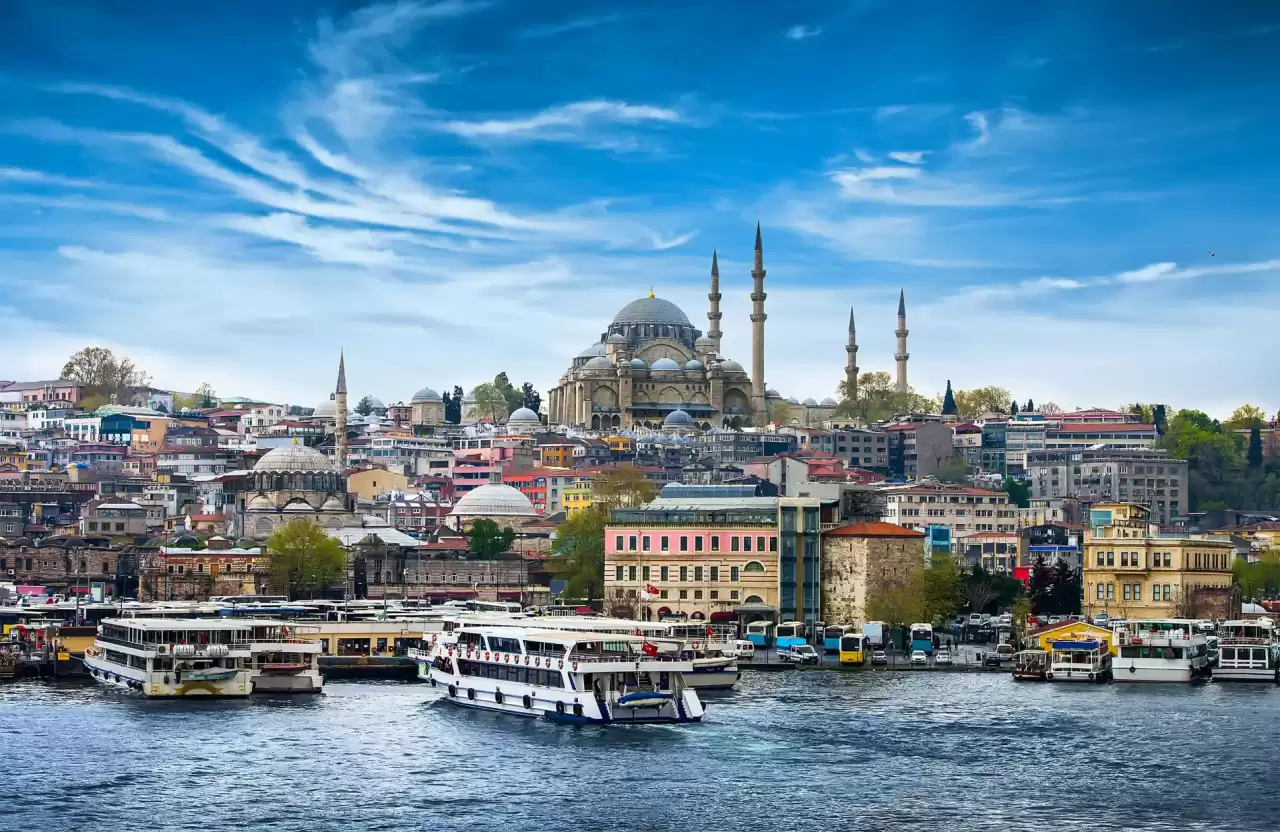22 Things to Know Before You Travel to Turkey in 2025
22 Things to Know Before You Travel to Turkey in 2025
1. Currency
The official currency of Turkey is the Turkish Lira (TRY). It’s recommended to carry some cash for small purchases, although credit cards are widely accepted in cities. You can easily exchange your money at airports, banks, and exchange offices.
2. Language
Turkish is the official language. While English is spoken in most tourist areas, learning a few basic Turkish phrases can be very helpful and appreciated by locals. Simple greetings and polite phrases can go a long way.
3. Visa Requirements
Depending on your nationality, you may need a visa to enter Turkey. It’s important to check the official e-Visa website for the most up-to-date information and to apply online well before your trip.
4. Dress Code
While Turkey is a modern country, it’s respectful to dress modestly, especially when visiting mosques or religious sites. Women may need to cover their heads with a scarf in certain areas, and both men and women should avoid wearing shorts in these places.
5. Public Transportation
Turkey has an extensive public transportation network, including buses, trams, and metro systems in major cities like Istanbul and Ankara. Taxis are also widely available, but it’s essential to make sure the meter is running to avoid overpaying.
6. Electrical Outlets
Turkey uses the European standard two-round pin plugs (Type C and F). The voltage is 220V, so if you’re coming from a country with a different standard, you’ll need a plug adapter and possibly a voltage converter.
7. Internet and SIM Cards
Wi-Fi is widely available in hotels, cafes, and restaurants. However, for more reliable access, consider purchasing a local SIM card upon arrival, which will provide you with mobile data during your stay.
8. Health and Safety
Turkey is generally a safe country for travelers, but it’s always wise to be cautious. Make sure you have travel insurance that covers medical expenses and check for any travel advisories related to your destination.
9. Tipping Etiquette
Tipping is customary in Turkey, especially in restaurants, hotels, and for taxi drivers. A tip of 10-15% is usually expected in restaurants, while small tips are appreciated for porters and housekeeping staff.
10. Food and Drink
Turkish cuisine is diverse and delicious, with something for everyone. Don’t miss out on trying traditional dishes like kebabs, mezes, and baklava. Tap water is generally not recommended for drinking; opt for bottled water instead.
11. Cultural Sensitivity
Turks are known for their hospitality, but it’s important to respect local customs and traditions. For example, avoid public displays of affection in conservative areas and always ask for permission before taking photos of people.
12. Climate
Turkey has a diverse climate, so the weather can vary greatly depending on where and when you visit. Summers can be extremely hot, especially in the south, while winters can be cold with snowfall in the interior regions.
13. Currency Exchange
Exchange rates can vary, so it’s a good idea to shop around for the best rate. Avoid exchanging money at tourist spots where rates are usually less favorable.
14. Shopping
Turkey is famous for its markets and bazaars, where you can find everything from spices to carpets. Bargaining is common practice in these markets, so don’t be afraid to negotiate the price.
15. Local Customs
When visiting someone’s home, it’s customary to bring a small gift, such as sweets or flowers. Removing your shoes before entering is also a common practice.
16. Time Zone
Turkey operates on Turkey Time (TRT), which is UTC+3. The country does not observe daylight saving time, so be sure to adjust your clocks accordingly if necessary.
17. National Holidays
Turkey has several national holidays, including Republic Day on October 29th and Victory Day on August 30th. During these times, some businesses may close, and public celebrations may affect travel plans.
18. Emergency Numbers
In case of emergencies, the general emergency number in Turkey is 112, which can be dialed for police, ambulance, or fire services.
19. Drinking Alcohol
While Turkey is a predominantly Muslim country, alcohol is widely available, especially in tourist areas. However, drinking in public places is generally frowned upon, so it’s best to enjoy your beverages in designated areas.
20. Smoking
Smoking is common in Turkey, but it is prohibited in indoor public spaces, including restaurants and cafes. However, many establishments offer outdoor seating areas where smoking is allowed.
21. Shopping Hours
Most shops in Turkey are open from around 9 AM to 8 PM, Monday through Saturday. In tourist areas, many shops also stay open on Sundays.
22. Important Travel Documents
Always carry a copy of your passport and visa with you. It’s also a good idea to keep a digital copy stored securely online in case of loss or theft.
Featured


10 Things Avid Travel Planners Do
Details
Best UNESCO World Heritage Sites in Turkey
Details
Turkey Public Holidays Guide to Avoid Peak Travel Times
Details
List of Countries on the Travel Corridor in October
Details
Top Destinations in Cyprus for a Late Summer Trip
Details
Top 10 Outdoor Activities in Turkey
Details



